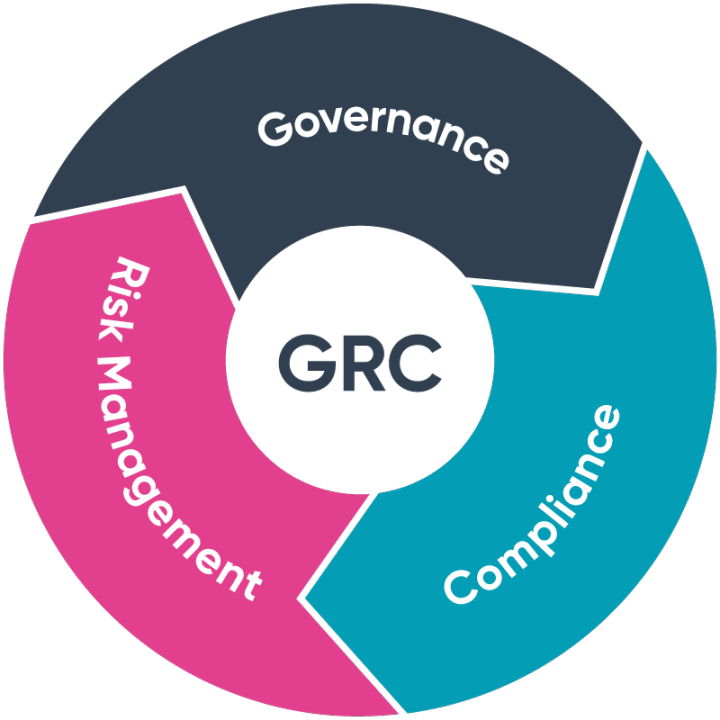Corporate Casualties of the 2023 Cyber Wars
The Most Notorious Incidents So Far—Key Takeaways & Lessons Learned
If the past year has taught us anything, we all need to batten down the hatches for what’s to come.
2023 has been a whirlwind, with multiple incidents revealing various organizations’ Achilles’ heels.
There’s a lot we can learn, so let’s explore a few headline-generating breaches and discuss prophylactic measures that could have made a difference.
INCIDENT #1
MOVEit’s Giant Footprint
In June 2023, a massive hack of the file transfer tool, MOVEit, impacted over 200 organizations and up to 17.5 million individuals, including several federal agencies. The breach was attributed to a security vulnerability exploited by a Russia-linked group. To prevent such incidents, a proactive approach to identifying and patching vulnerabilities, combined with enhanced network monitoring for unusual activities, is crucial.
INCIDENT #2
T-Mobile’s Troubled Communications
T-Mobile endured a turbulent year, with two significant breaches causing enormous problems for the mobile phone behemoth. In May, a data breach exposed the PINs, names, and phone numbers of over 800 customers. Earlier, in January, a malicious actor accessed data from over 37 million customers, marking T-Mobile’s ninth data breach since 2018. The adoption of robust encryption, secure communication channels, and comprehensive customer data protection are essential to fortify against such breaches.
INCIDENT #3
Yum! Brands’ Bittersweet Reality
Yum! Brands, the parent company of KFC, Taco Bell, and Pizza Hut, reported an April cyberattack that affected corporate data, and subsequently revealed potential breaches of employee personal data. Stringent access controls, regular updates to security protocols, and advanced threat detection systems are vital for early detection and containment of breaches.
INCIDENT #4
ChatGPT’s Conversational Hiccup
In March 2023, ChatGPT disclosed a breach whereby users could potentially view another active user’s personal information. Rigorous implementation of user data isolation and continuous security assessments are imperative to strengthen defenses against unauthorized access.
INCIDENT #5
Chick-fil-A’s App Appetite
A data breach of Chick-fil-A’s mobile app in March exposed customers’ personal information. Employing security-by-design principles, conducting regular app security audits, and enhancing user data encryption are key to mitigating app-related risks.
INCIDENT #6
Activision’s Phishing Fiasco
Activision faced a breach in February when an HR employee fell victim to an SMS phishing attack, compromising employee data. Comprehensive employee cybersecurity training focusing on phishing awareness and secure communication practices is essential.
INCIDENT #7
Google Fi’s Collateral Damage
As a consequence of T-Mobile’s breach, Google Fi, which uses T-Mobile’s network, had its customers’ phone numbers compromised in February. A more isolated network architecture and enhanced monitoring of third-party security postures are necessary to reduce vulnerabilities within interconnected networks.
INCIDENT #8
MailChimp’s Social Engineering Saga
In January, MailChimp alerted its customers to a breach resulting from a social engineering attack that granted unauthorized users access to an internal customer support tool. Strengthening employee training on recognizing and reporting suspicious activities, along with stricter access controls, can fortify defenses.
INCIDENT #9
Norton Life Lock’s Stuffed Security
Norton Life Lock reported a “stuffing” attack in January that compromised over 6,000 accounts. Implementing multi-factor authentication, promoting regular password resets, and educating users on password security are essential for enhancing account security.
These incidents underline the paramount importance of proactive prevention through comprehensive cybersecurity measures, including regular security audits, adaptive authentication, employee training, and cultivating cybersecurity awareness.
Embracing adaptive Governance, Risk, and Compliance (GRC) strategies is vital in the ever-evolving cybersecurity landscape. Organizations that align technological advancements with regulatory frameworks will be better positioned to minimize vulnerabilities and foster a secure digital environment.
The cyber incidents of 2023 serve as stark reminders of the multifaceted nature of digital security. Learning from past vulnerabilities and adopting a holistic approach to cybersecurity is paramount for organizations. By fortifying defenses and fostering a culture of awareness, we can pave the way for a more secure and resilient digital future.
To learn about how to improve your defensive posture against data breaches and ransomware hacks, call Cyber Defense Advisors to learn more about our vCISO program.





